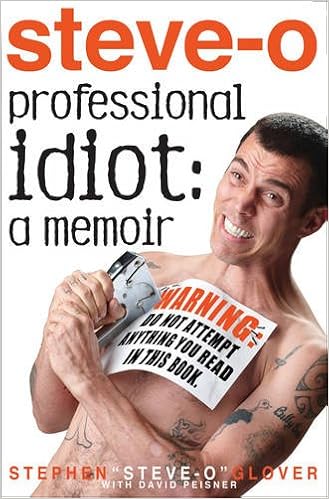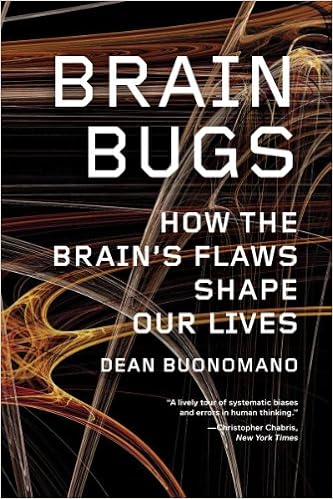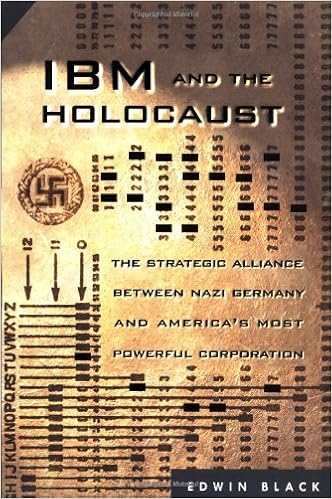The book is a biographical account of the life of Art Williams, a U.S. counterfeiter, until about 2005.
The story covers Williams' life from the early, quite rough and deprived childhood, through his years of counterfeiting U.S. money (esepcially 100-dollar bills), escaping the U.S. Secret Service to Alaska and eventual fall, or actually two major arrests.
The epilogue of the book is not too delightful reading, since Williams was in the brink of what looked like a successful legitimate career as a document security expert, consultant and public speaker, but was forced to give it up because of objections from his parole officer. This, in turn, lead into making counterfeit money again, and arrest.
Was it good?
The book certainly is very good; the chronologically progressing narrative is very professionally and compellingly written making it hard to put the book down for a while. Moreover, the narrative style in which the book is written, one is bound to "take the side" of the main villain, Mr. Williams.
What perhaps could have been featured more prominently was the technical aspects of designing and making the counterfeits, and the technical hurdles that had to be overcome. There understandably may be some legal obstacles for disclosing such information, perhaps especially in the USA, but still even some not-so-accurate technical-methodological descriptions would have been a welcome addition, because these would have portrayed the actual undertakings and prowess of Williams in a more appreciable way.
The main take-away for me?
Although the book does not discuss it it at length apart from some brief references in the beginning, the book nicely - though mostly unintendedly - problematizes the modern notion of money. In fact, the book in a way complements the Austrian Economics view on modern "fiat" money, which basically states that what today passes as money is what a government says that will pass as money - a somewhat problematic notion, or at least a bit risky.
Who should read the book?
The book is of quite general interest, though those with an interest in economics - whatever the persuation - probably will enjoy the book the most, because it allows one to ponder about some "meta" issues with respect to the nature of money while reading along.
The book on Amazon.com: The art of making money






